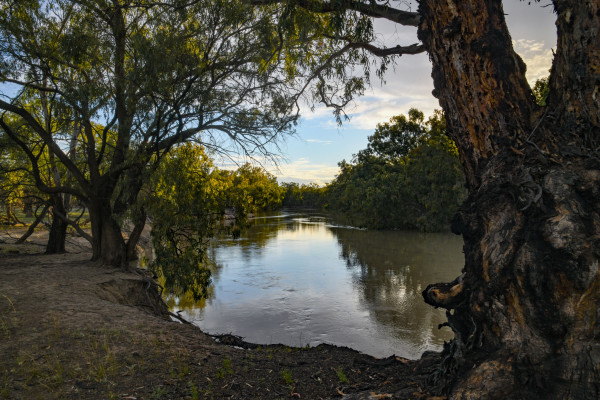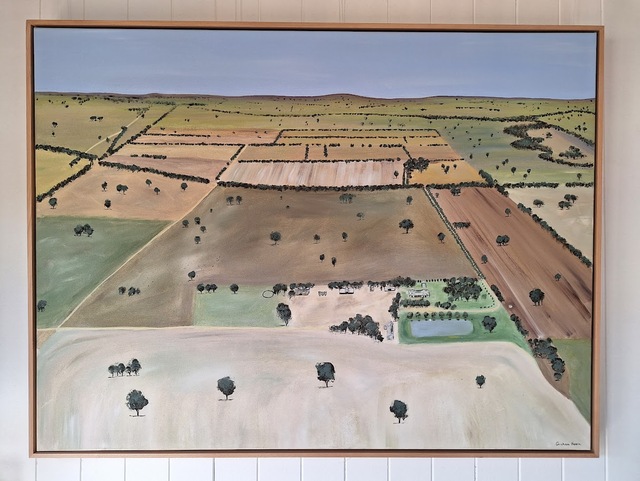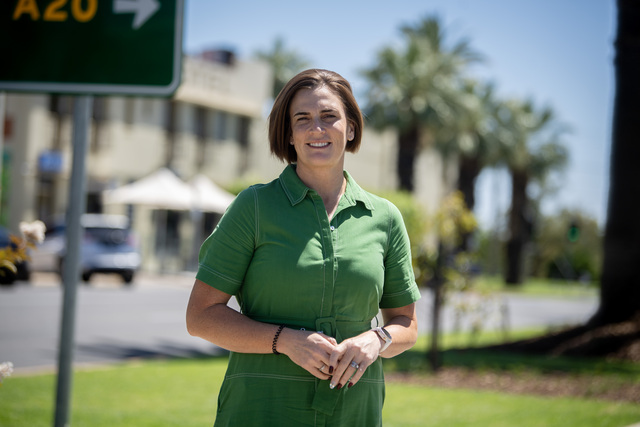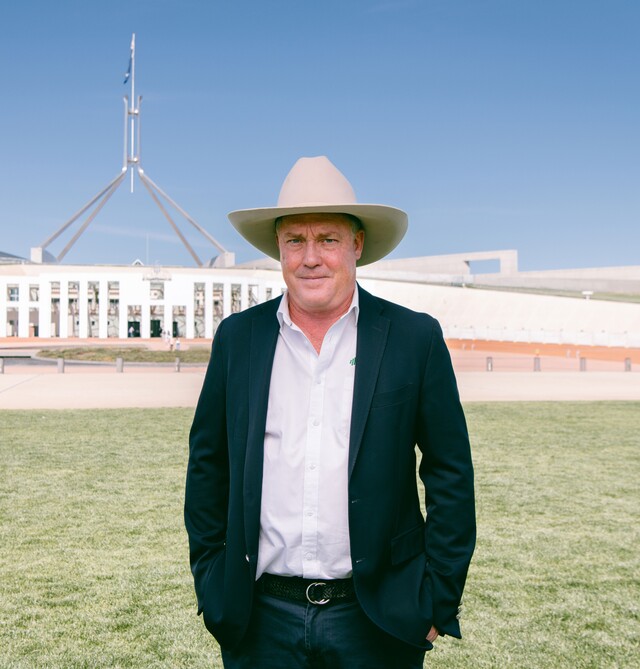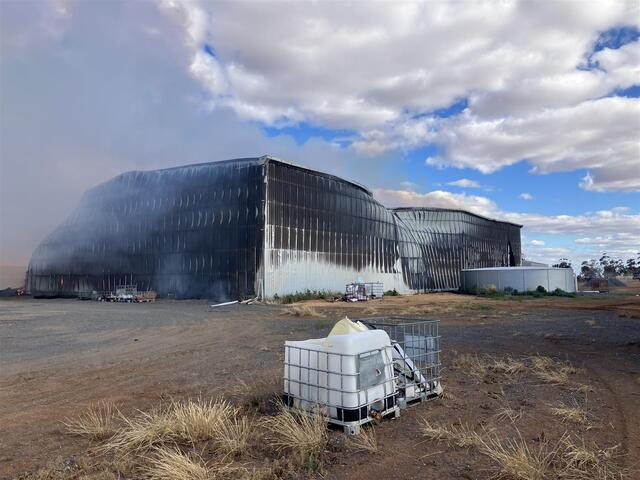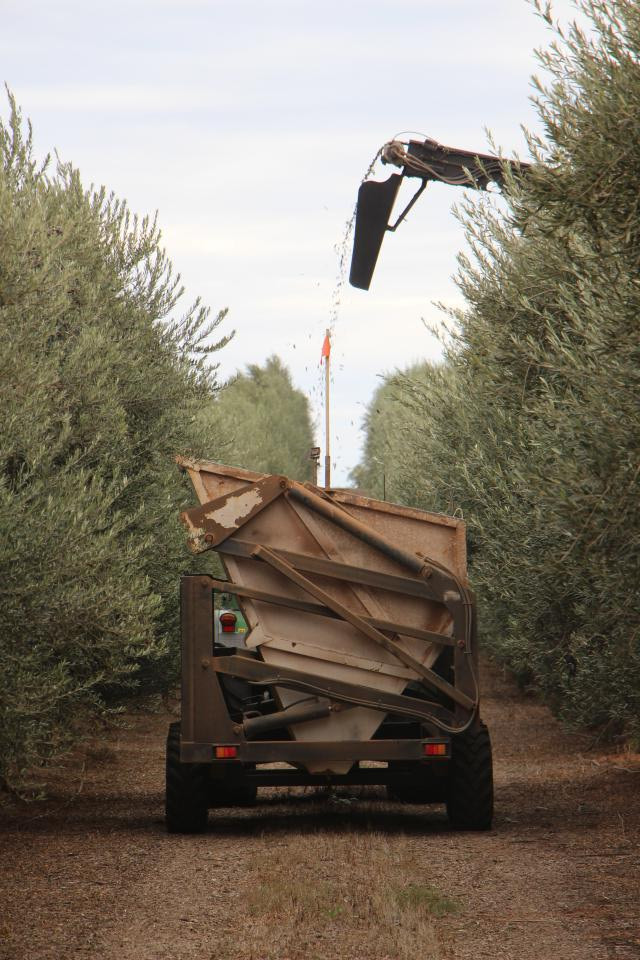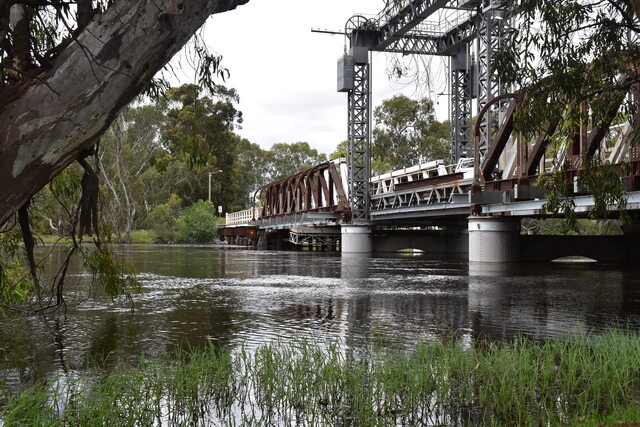THE monitoring of water compliance in the NSW Murray-Darling Basin received a boost this week after Federal Water Minister Tanya Plibersek approved the first water resource plan from the NSW Government.
Ms Plibersek formally accredited the Border Rivers Alluvium water resource plan, which sets limits on water extraction and is necessary for tracking if water take in that region is within sustainable limits.
There are 33 resource plans to outline sustainable levels of water use across the basin and the NSW Government is responsible for 20.
Inspector-general of water compliance Troy Grant called out the State Government in June after it had failed to submit all its plans three years after a 2019 deadline.
Mr Grant said while the resource plans were outstanding, decisions about water availability for the environment and for cultural use would be affected and that full compliance with the basin plan could not be achieved.
Ms Plibersek said she was pleased to see progress in NSW delivering its overdue plans.
“This is an important first step towards levelling the playing field across the basin jurisdictions,” Ms Plibersek said.
“Every other jurisdiction has accredited plans in place. We’ve been waiting for NSW, who are responsible for the bulk of the water resource plans.
“While today is a good outcome, there is more work to do. I look forward to considering the remaining 19 water resource plans once submitted and assessed.”
The NSW Government was due to submit its WRPs at the end of 2019 but delayed submission, citing severe drought.
NSW then had its first round of WRPs rejected by the Murray Darling Basin Authority (MDBA) and have three resource plans under assessment, while another four are undergoing pre-submission checks.
Queensland and South Australia have three WRPs, which were accredited by September and November 2019 respectively.
The ACT and Victoria, with two and five WRPs respectively, had their plans accredited in June 2020.
NSW Water Minister Kevin Anderson said he was confident of reaching an outcome to benefit the environment and water users throughout the basin.
“When it comes to managing water in NSW, my view is healthy rivers, healthy farms and healthy communities,” Mr Anderson said.

